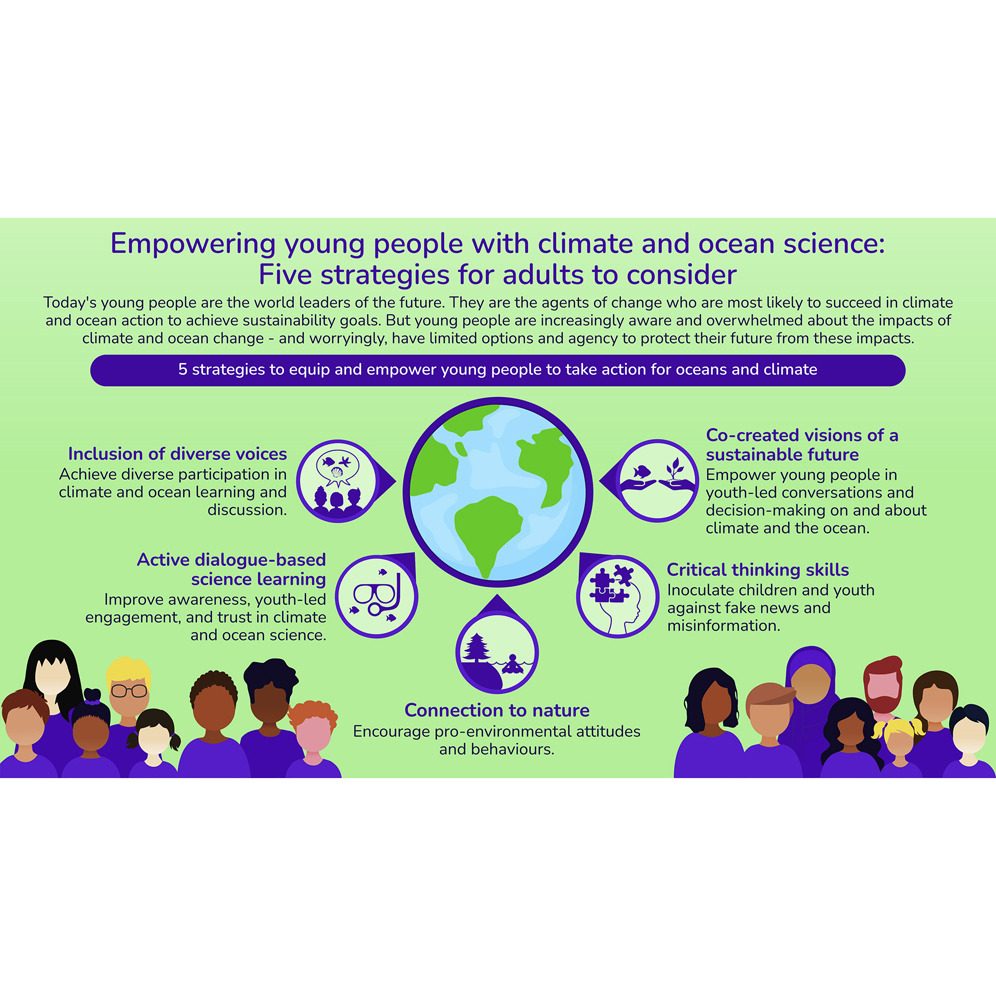Maturitas, Volume 164, October 2022, Pages 46-51.
Additional sources of information to self-reports are needed for the detection of disabling mental and musculoskeletal disorders prior to older age.
Elsevier,
Environment International, Volume 158, January 2022, article 106984
Research on the impacts of climate change on mental health and mental health-related systems will assist decision-makers to develop robust evidence-based mitigation and adaptation policies and plans with the potential for broad benefits to society and the environment.
Elsevier,
The Lancet Psychiatry, Volume 9, Issue 7, July 2022, Pages 547-554
An Article on long-term psychosocial outcomes associated with combat injuries among military personnel, in the context of SDG 3, focusing specifically on rates of post-traumatic stress disorder, depression, anxiety, and mental health multimorbidity.
The Lancet Psychiatry, Volume 8, Issue 8, August 2021, Pages 673-685.
An Article on substance use, in the context of SDG 3, focusing specifically on the difference in substance use between autistic and non-autistic people.
Elsevier,
Trends in Food Science and Technology, Volume 126, August 2022
The anticipated effects of climate change on microbial food safety are both direct (e.g., on microbial prevalence) and indirect (e.g., increased risk of floods on water microbial contamination). This paper highlights the necessity to build a quantitative framework to evaluate the effects of climate change on microbial food safety.

